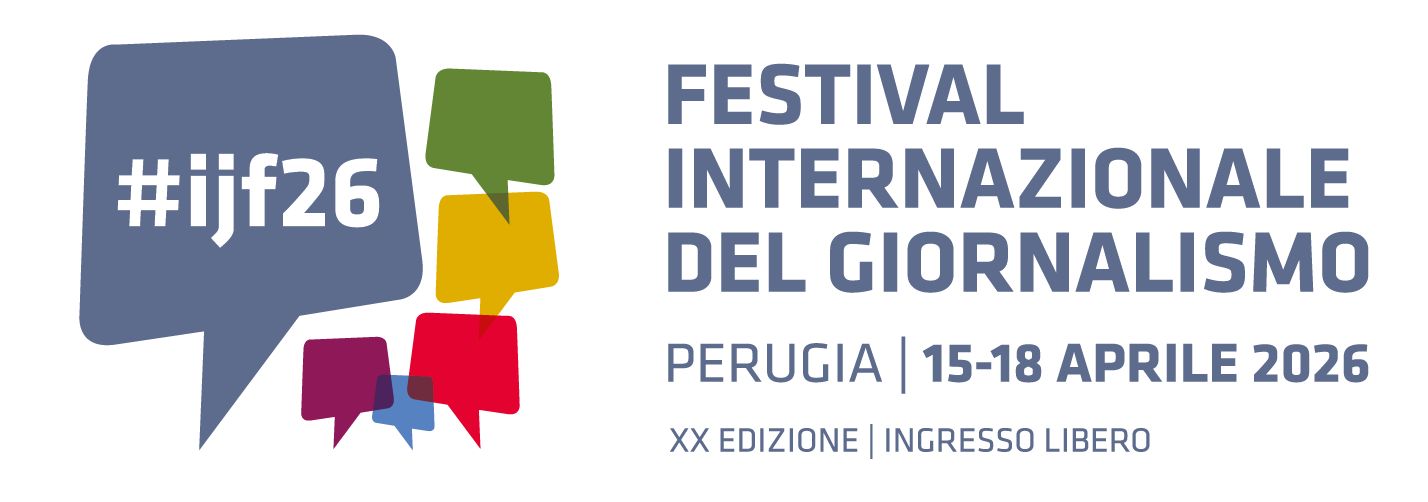The work of investigative journalists and human rights researchers is vital to holding accountable perpetrators of war and conflict. This reporting work is painstaking and takes years, and must be of the highest standard, especially if it is to stand up in an international court of law. Journalists and human rights researchers alike have differing views on collaborating with legal authorities, but there is a need for in-depth investigative work to complement the work of war reporters. It is essential to safeguard evidence of atrocities, preserve the testimony of survivors and build a trail of accountability. In the second half of 2023 Global Investigative Journalism Network will publish A Guide to Investigating the Crimes of War to help journalists understand laws related to war and conflict, and relevant methodologies for investigation. It will include briefings on war crime, crimes against humanity and genocide, and methodologies and tips for investigating those multiple crimes, including gathering and archiving evidence, open-source research, researching chains of command, and interviewing victims and survivors. It will be a collaboration between journalists, civil society investigators and legal experts. To our knowledge, this Guide is the first of its kind.
This session will tackle some of the critical issues of in-depth and investigative reporting in war and conflict. It will also share some of the best methodologies and tips to ensure accurate and impactful journalism that both calls the perpetrators to account and protects the victims and survivors of war.
Organised in association with Global Investigative Journalism Network.


